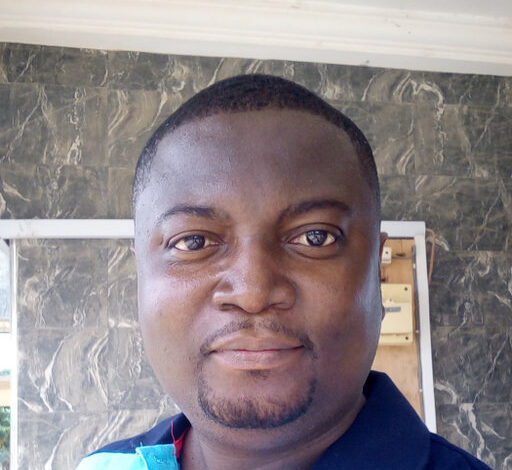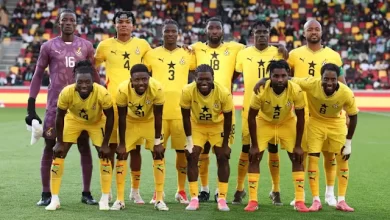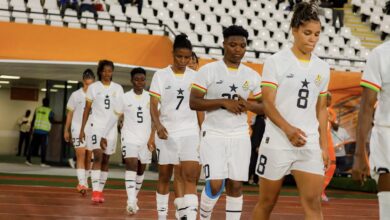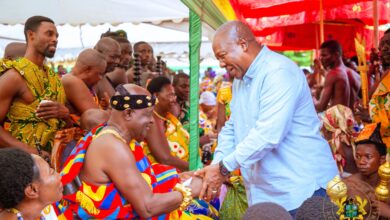
The allegations against the parliamentary vetting committee are very distasteful and undermine the integrity of parliament, as people’s credibility is at stake. We must be careful about what we communicate to the public. It is appropriate to give him the opportunity to justify his position with the committee on the allegation.
Dr. Jonathan Asante Otchere, a political analyst and lecturer at the University of Cape Coast, said this on the Adekyee Mu Nsem morning show on Ahotor 92.3 FM, hosted by Citizen Kofi Owusu in Accra. He believes that activist Oliver Barker-Vormawor is just seeking public attention. Though he may have an element of evidence of truth, there is a need for him to communicate through the right channels to the respected institution of parliament to address the allegation, which can undermine the integrity of the members of the committee.
He further stated that if the statement carries an element of truth, as a matter of urgency, the culprit must be sanctioned or resign from parliament.
In another development, activist Oliver Barker-Vormawor is expected to appear before Parliament’s Appointments Committee on Wednesday to provide evidence for his recent allegations that the committee has been receiving payments from ministerial nominees in exchange for their approval. Barker-Vormawor’s claims, made on social media, have sparked intense debate.
His offending post read: “So all the monies the ministerial appointees are being asked to pay to the Appointments Committee just to get approved, are those ones not affected by ORAL? Strange Republic.”
The accusation, which has been strongly denied by members of the Appointments Committee, engendered a heated debate on Tuesday, with the Minority demanding the suspension of the vetting of nominees pending a purge of the damning accusation. They insisted that the integrity of the committee, its members, and the entire vetting process had been brought into disrepute and that the matter needed to be settled before any further deliberations.
In response to the summons, Barker-Vormawor has acknowledged the invitation and expressed his willingness to present his case before the committee. In a post on X (formerly Twitter), he remarked that he looks forward to the session, emphasizing that such engagements are crucial for strengthening democratic accountability.
The upcoming hearing, should it come off at all, is expected to be highly charged, with lawmakers likely to demand concrete proof of his allegations. Observers predict a contentious exchange between Barker-Vormawor and committee members, as the activist will be required to substantiate his claims with evidence.
As the nation awaits this confrontation, the broader implications of the hearing loom large. If Barker-Vormawor presents credible evidence, it could trigger major reforms in parliamentary vetting processes. Conversely, failure to provide substantive proof may deal a blow to his credibility. Whatever the outcome, the hearing is set to be a defining moment in the ongoing discourse on political transparency and accountability in Ghana.




